[Guest post] Retromark Volume XIII: the last six months in trade marks
The IPKat
NOVEMBER 27, 2023
Industrial Cleaning Equipment v Intelligent Cleaning Equipment [2023] EWHC 411 (IPEC) (February 2023) The case title might suggest this is a battle between two highly descriptive marks (ala Office Cleaning), but in fact both of these floor cleaning equipment companies had adopted the abbreviation ICE. © Vauxford 9.


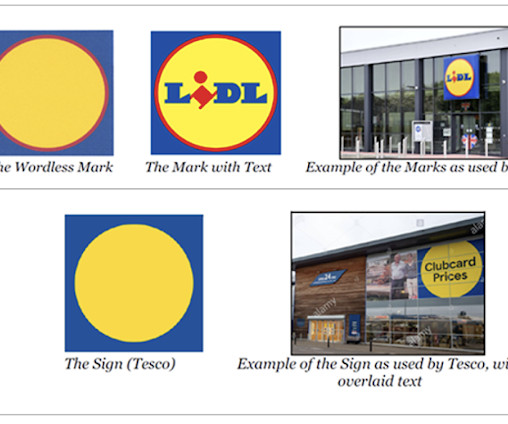
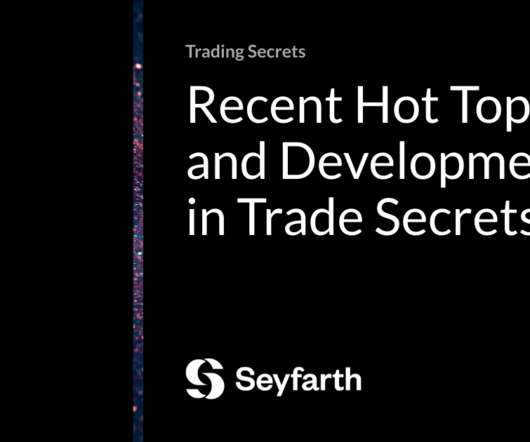

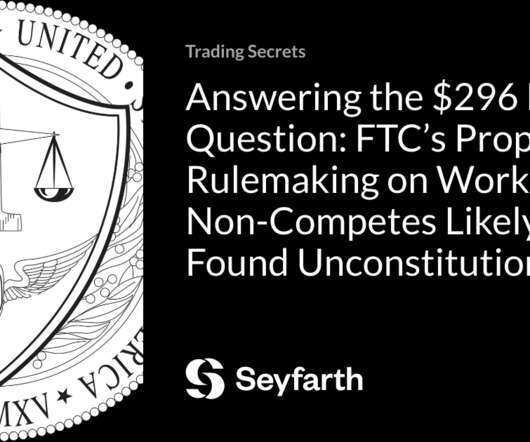
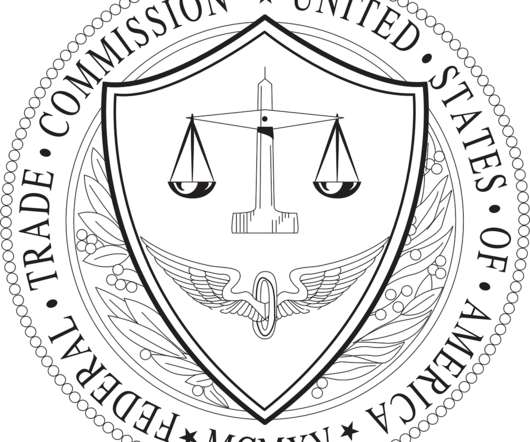
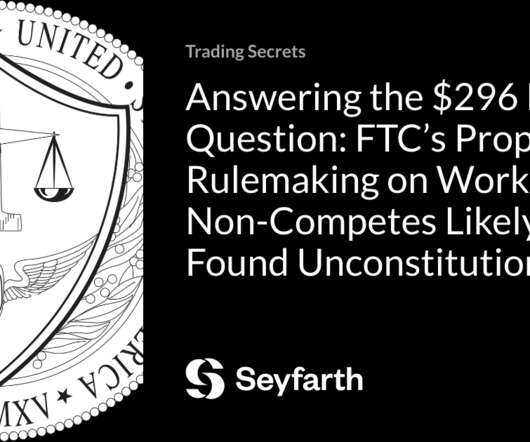






Let's personalize your content